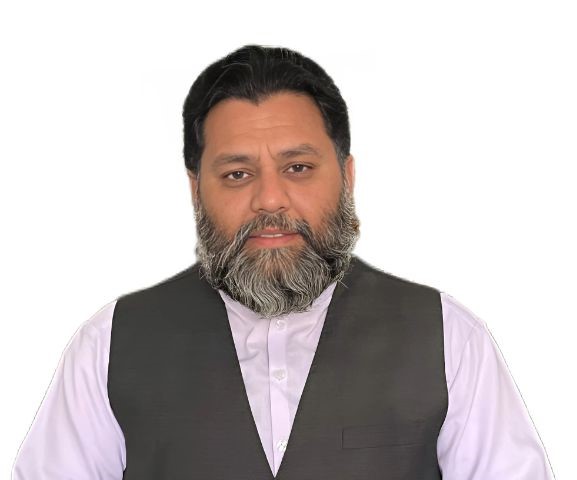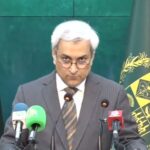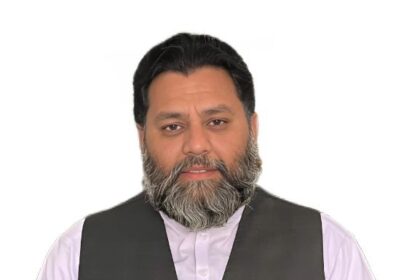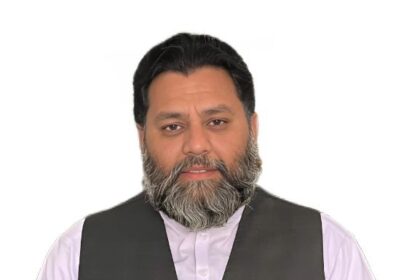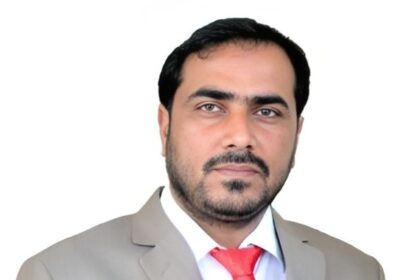Teachers in Sacred Robes, Hidden Monsters
By: Zaheer Ahmad Awan
Education is the foundation of every civilized society, and teachers are the pillars upon which that foundation stands.A teacher is often described as a “spiritual parent,” and in Islam, the rank of a teacher is considered even higher than that of one’s biological parents.Yet, the painful reality of our time is that this sacred profession once regarded as the noblest calling has been tainted by the actions of a few who wear the cloak of a teacher but behave like predators.Over the past several years, reports of physical abuse and sexual harassment of students by teachers have been surfacing almost daily from schools, madrassas, colleges, universities, and private academies across Pakistan.These are not isolated incidents but symptoms of a deep moral and institutional crisis that threatens the very soul of education in our country.The Teacher A Sacred Institution In Islam, knowledge and the one who imparts it hold an exalted position.The very first word revealed in the Holy Qur’an was“Iqra” (Read) a divine command that signifies the value of learning.The Prophet Muhammad (peace be upon him) said:“I have been sent as a teacher.” (Sunan Ibn Majah)and in another narration: “Whoever teaches someone knowledge becomes his spiritual father.”Throughout history, teachers have been honored as builders of nations, mentors of character, and guides of conscience.However, when individuals within this sacred profession exploit or harm their students, they do not merely commit a personal sin they betray society’s trust and desecrate one of the holiest social contracts. A Growing National ShameAlmost every week, the media highlights horrifying incidents:a child beaten unconscious by a teacher in a school;a madrassa student abused by a cleric;a college teacher harassing female students;or a professor misusing his authority for personal desires.Each such case is not only a tragedy for the victim but a national disgrace.Parents, who send their children to institutions of learning with faith and hope, now live in constant fear.
Instead of being sanctuaries of learning, many schools and madrassas have turned into places of trauma.
The Failure of the Education SystemWhy do these incidents continue despite public outrage?The answer lies in *poor recruitment standards, lack of oversight, and weak accountability.There is no comprehensive background check system to assess a teacher’s moral character, mental stability, or behavioral history.In many institutions both public and private hiring is driven by connections and money rather than merit and ethics.It is high time the government established a National Teachers Screening Board, responsible for verifying the credentials, character, and psychological fitness of every teacher before appointment.Moreover, all educational institutions public, private, or religious must be required to install CCTV monitoring systems and ensure regular third-party inspections to protect students.The Role of Parents While the government and institutions bear a major share of responsibility, parents cannot remain passive observers.
Parents must build a relationship of trust and open communication with their children.They should ask about daily experiences at school, observe any behavioral changes, and create a safe environment where children feel free to share their concerns.Silence and fear among children empower abusers awareness and communication can break this chain.From an Islamic standpoint, harming a child physically, emotionally, or sexually is among the gravest sins.The Qur’an declares: “Whoever kills a soul unjustly, it is as though he has killed all mankind.” (Surah Al-Ma’idah: 32)
The Prophet Muhammad (peace be upon him) emphasized mercy toward children, saying: “He is not one of us who does not show mercy to our young and respect to our elders.” (Tirmidhi)Hence, a teacher who abuses his authority or harms a student is not merely violating law he is violating divine trust. Such a person deserves both legal punishment and moral condemnation.Across the globe, countries have implemented strict measures to protect students from abuse:
- United Kingdom: The Disclosure and Barring Service (DBS) screens all teachers for criminal or behavioral offenses before employment.
- United States: The Child Protection Act mandates immediate suspension and arrest of any educator accused of physical or sexual misconduct.
- Saudi Arabia and the UAE: Corporal punishment or verbal humiliation of students is treated as a criminal act.
- Turkey: Each school employs a Child Safety Officer responsible for monitoring teacher-student interactions and ensuring immediate action on complaints.
Pakistan can learn from these frameworks by creating comprehensive laws that make student safety the core principle of education policy.A National Awareness Movement Beyond legislation, social awareness is vital.Civil society, religious scholars, educators, and media organizations must launch a *nationwide awareness campaign highlighting that child abuse is not a “disciplinary issue” it is a crime.
Students must be educated about their rights and taught how to report any inappropriate behavior without fear.Communities should replace silence and stigma with accountability and support.A teacher deserves respect but respect cannot mean immunity.To honor true teachers, society must expose and punish the impostors hiding behind the title.The government of Pakistan, the Ministry of Education, and religious authorities must act collectively to establish systems that ensure both the sanctity of the teaching profession and the safety of every child.If we fail to act now, fear will replace faith in our classrooms, and ignorance will again triumph over knowledge.And when that happens, no nation can claim to be civilized.




